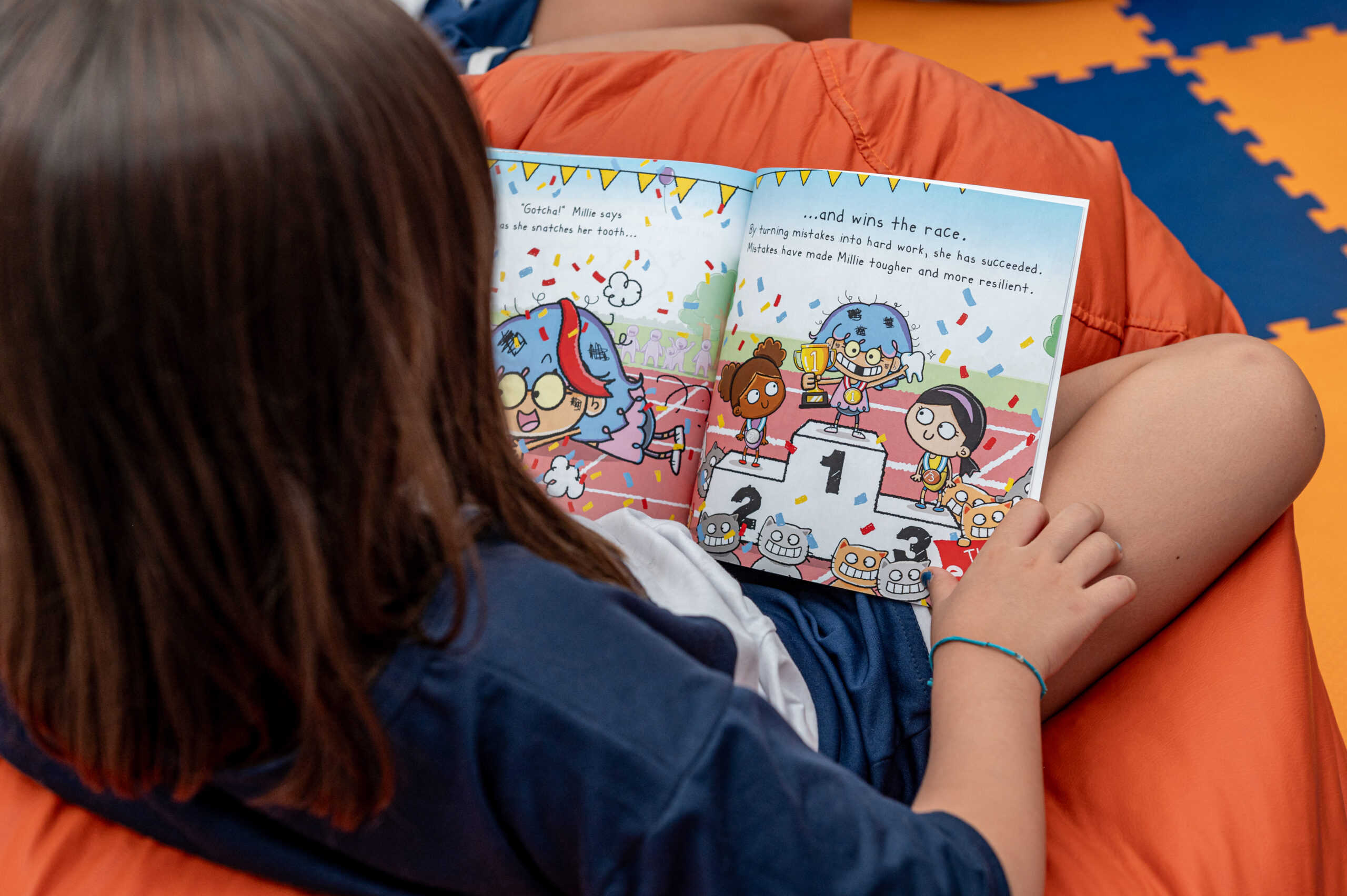Building on earlier evidence showing a beneficial effect of bilingualism on children’s cognitive development, we review recent studies using both behavioral and neuroimaging methods to examine the effects of bilingualism on cognition in adulthood and explore possible mechanisms for these effects. This research shows that bilingualism has a somewhat muted effect in adulthood but a larger role in older age, protecting against cognitive decline, a concept known as ‘cognitive reserve’. We discuss recent evidence that bilingualism is associated with a delay in the onset of symptoms of dementia. Cognitive reserve is a crucial research area in the context of an aging population; the possibility that bilingualism contributes to cognitive reserve is therefore of growing importance as populations become increasingly diverse.
SECTION SNIPPETS
Why bilingualism?
It is generally believed that more than half of the world’s population is bilingual [1]. In each of the U.S.A.1 and Canada2
What is different about bilingual minds?
It has long been assumed that childhood bilingualism affected developing minds, but the belief was that the consequences for children were negative: learning two languages would be confusing [8]. A study by Peal and Lambert [9] cast doubt on this belief by reporting that children in Montreal who were either French-speaking monolinguals or English–French bilinguals performed differently on a battery of tests. The authors had expected to find lower scores in the bilingual group on language tasks
Joint activation of languages
A logical possibility for the organization of a bilingual mind is that it consists of two independently-represented language systems that are uniquely accessed in response to the context: a fluent French–English bilingual ordering coffee in a Parisian café has no reason to consider how to form the request in English, and a Cantonese–English bilingual studying psychology in Boston does not need to recast the material through Chinese. Yet, substantial evidence shows that this is not how the
Bilingual performance on conflict tasks
Early evidence that bilingual children solved non-verbal conflict tasks differently from monolingual children was reported in a study by Bialystok and Majumder [17]. Eight-year-old children were given a variety of non-verbal problems to solve, some of which contained perceptual distraction (block design from the Wechsler Intelligence Scale for Children, WISC [67]) and some which did not (Noelting’s Juice Task 68, 69). Bilingual children outperformed monolinguals on the conflict tasks, but
The nature of the bilingual advantage
Why might bilingualism be associated with an advantage in attentional control? The need to manage two jointly activated languages apparently leads to an enhancement of frontal-posterior attentional control mechanisms with the consequence that other types of cognitive control are also enhanced. Inhibitory control was suggested as the relevant mechanism in early studies 40, 57 and continues to be endorsed by some researchers 47, 111. One problem with this account, however, is the recurrent
Bilingualism and dementia
The finding that bilingualism enhances cognitive control raises the possibility that lifelong bilingualism protects against age-related cognitive decline, and may even postpone the onset of symptoms of dementia. In this case, bilingualism may be one of the environmental factors that contribute to cognitive reserve or brain reserve [116]. Cognitive reserve is the idea that engagement in stimulating physical or mental activity can act to maintain cognitive functioning in healthy aging and
Concluding remarks In the first study reporting the surprising outcome of an advantage in cognitive and linguistic performance by bilingual children, Peal and Lambert concluded: ‘Intellectually [the bilingual child’s] experience with two language systems seems to have left him with a mental flexibility, a superiority in concept formation, a more
Author: Ellen Bialystok




